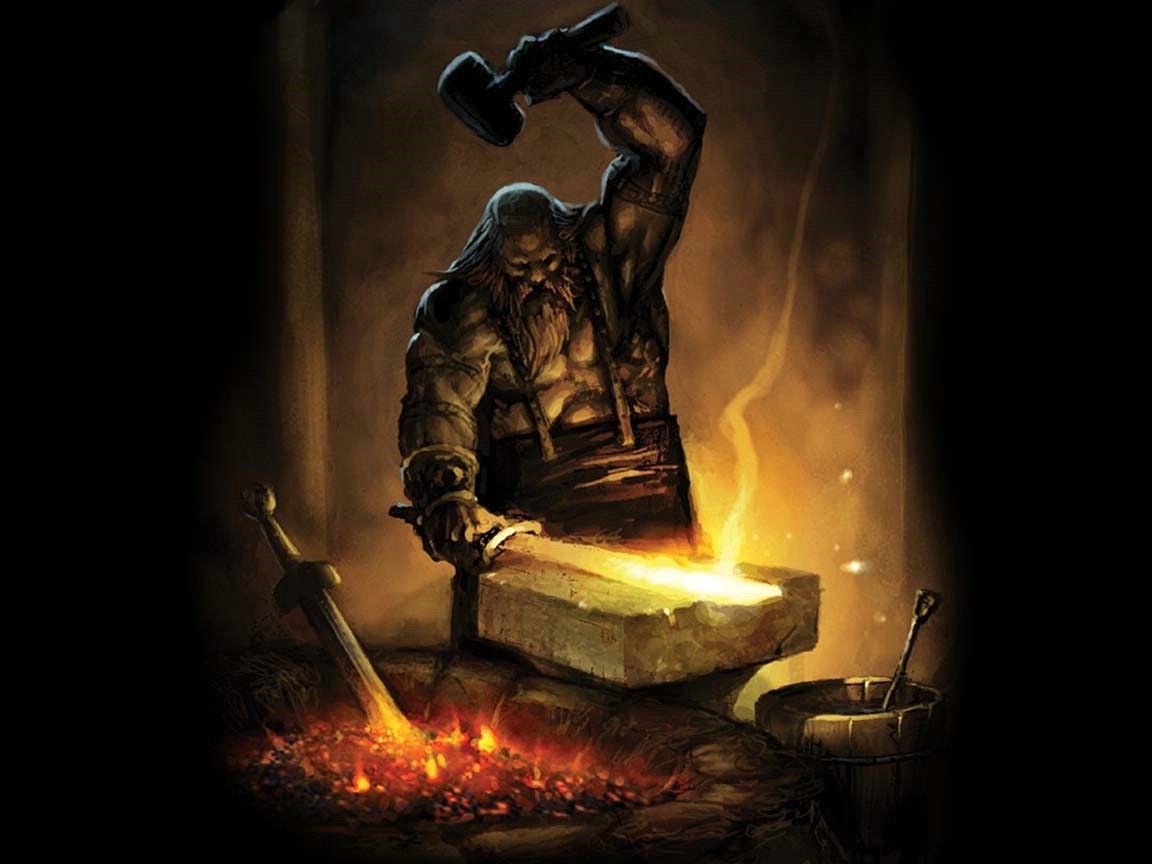Be Hephaestus: Find Your Forge
You may not be a god by natural birth. But you may become a god by staring long enough into a volcano and situating your forge there.
We remember the gods of Olympus differently. One remembers Zeus as a nasty fellow; a god so promiscuous he had to bed everything his eyes desired. Expectedly, Hera his first wife, became a nagging king’s wife. Apollos the god of music and Hermes the beloved trickster all have a place in our stories and in our hearts; we remember them swiftly for reference. We remember Athena’s wisdom and Aphrodite’s beauty always seizing our eyes. But what do we say of Hephaestus; that guy — that cripple — who turned out actually to be the god I found most fascinating in Olympus.
This Vulcan has a rather obscure story. We speculate how he came to be: whether he was the son of both Zeus and Hera or Hera’s sole offspring and retaliation against Zeus. Or was it that his mother resented him because he was born lame or that Zeus threw him off the mountain when he defended his mother? Of those, the speculation continues. But we are sure of this: he had crippled feet and walked with a cane.
Unlike other gods whose distinctions came from things they were born with — Apollos with his gift of music, Hermes with his trickster’s gift, Athena with her wisdom, and Aphrodite with her luminance — Hephaestus was subject to discovery. He had to stumble upon what would make him stand out and keep him dignified in the eyes of other gods — his craftmanship. This he did by following his sense of wonder as he observed the eruptions of a volcano.
Perhaps that is my favorite thing about Hephaestus — like Hephaestus, I rely on my sense of wonder to dignify myself with my craft. Upon realising that he was no athletic equal to the other gods, he soon committed to metalworking. Some stories say that he chose the bottom of that volcano for his metalworking shop. Hephaestus became the god of metalworking, going about his work with delight and with no resentment for his fate. He made a wheelchair for himself and bore his scorn with grace.
One may argue that he was this way — peaceful and graceful — because he was weak. But I will ask in return if he was really weak when he was the admiration of other gods who needed weapons and tools for their warfare. Hephaestus was the Stark Industries of Olympus — the gods relied on his ingenuity.
What better lesson can we draw from Hephaestus than the message of dignity in labour and productivity? He dignified himself with his craft, and in his obsession, he was always innovating. He made himself all that he needed to become admired by other gods — a hammer, an anvil, necklaces, drinking cups, graceful little statues, and the first wheelchair. And one of his best works — reportedly — was Zeus’ Aegis. One wonders what the gods had before Hephaestus came along. When you are the major supplier of weapons and armory to the gods, you put yourself in a different class; an ever-relevant class. Like Hephaestus, so many people have made a name for themselves by simply following their wonder and being diligent at their forge. You may not be a god by natural birth. But you may become a god by staring long enough into a volcano and situating your forge there.
Find something that you can do that no one else can. Fill a supply gap for the gods. The gods here may mean people who appear complete and superior in ability to you. Let Zeus need you. Make Hera regret dismissing you, without actually setting out to make her regret scorning you. I mean this: set out to succeed without setting the need to make success your revenge strategy. Be obsessed with being dignified by your craft rather than by the vacuous validation of others. Find meaning. Find your forge. Be Hephaestus.





Beautiful piece, as always. Perfect refresher for the week.
Thank you for reminding us to keep finding our forges.
Great gear up to go in the month with, thank you.